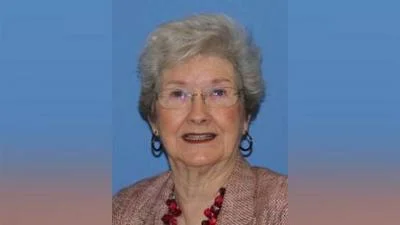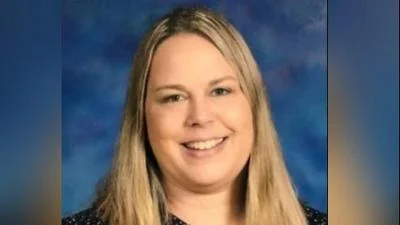From Medicaid and vendor rates to Amber Alert amendments and advanced directives, Sen. Jim Oberweis (R-North Aurora) addressed three bills and several issues at Tuesday’s Senate Human Services Committee.
The 25th District representative first dealt with SB2262, sponsored by Sen. David Koehler (D-Peoria), which would amend the public aid code that requires Medicaid managed care organizations (MCO) to pay at least equal to what the Department of Health and Family Care Services pays to services for durable medical equipment providers, telling the owner of Heckman Healthcare, who wants the right to reject terms of 60-percent fee reductions from unreasonable MCO providers, the notion was un-American.
“Whenever government gets involved in setting prices, we end up with less efficient marketplaces,” Oberweis said. “To say that I can’t compete at those prices so nobody else can is absolutely fundamentally wrong for a country like the United States of America.”

Sen. Jim Oberweis
SB2265, sponsored by Sen. Michael Hastings (D-Frankfort), proposed an immediate amendment to pass the bill that requires the state police to include developmentally or intellectually disabled individuals be added to the Amber Alert system in the case they go missing. Hastings brought the bill forward because a developmentally disabled young man in his district went missing for two days before police were able identify him.
Oberweis wanted clarity on the bill before he approved.
“So, this is not creating a new list; this is just including them on the list,” Oberweis said. “Thank you. I am relieved. It doesn’t sound as bad as I thought it was.”
SB2609, sponsored by Sen. Omar Aquino (D-Chicago), allows the administration of psychotropic medication and electroconvulsive therapy, “over the objection of the recipient if the recipient has not revoked the power of attorney or declaration for mental health treatment as provided in the relevant statute,” according to the bill.
Aquino had University of Chicago Professor Mark Heyrman, who is also the chairman of the Mental Health America of Illinois, decipher the complicated legislation; however, Oberweis did not like the idea that the bill would take away one’s right to chose their own care.
He called the bill possible “trickery” because after one revokes their power of attorney, the legislation may not allow them to get it back.
“It seems to be there is a distinction without a difference,” Oberweis said.
After voting no to two of the bills and yes to one, all three bills passed and moved out of the committee.






 Alerts Sign-up
Alerts Sign-up